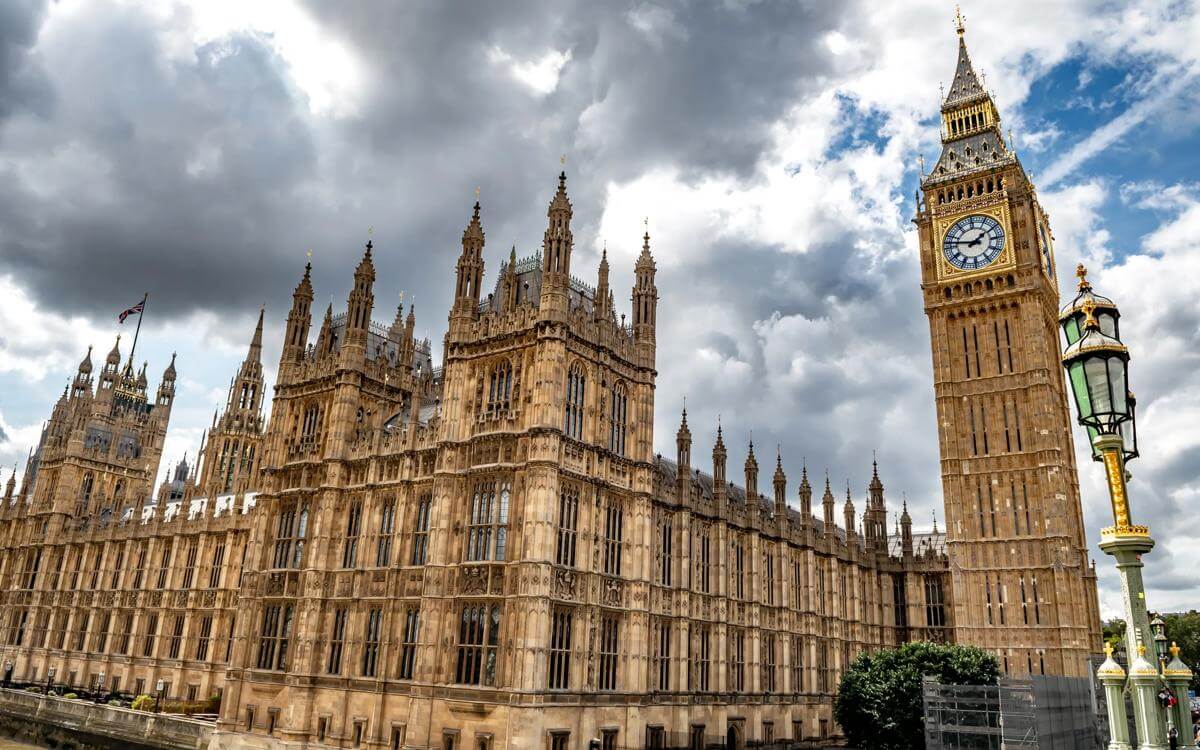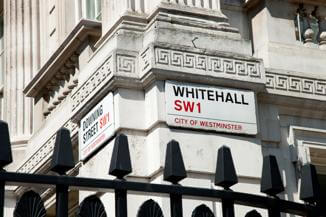Baroness Casey has recommended that a national inquiry be convened, following the government-commissioned audit into group-based child sexual exploitation.
Following the audit, Baroness Casey said she changed her mind on needing an inquiry after being "unimpressed" that more local councils did not volunteer to set up their own inquiries, and that some organisations were reluctant to talk to her own investigators.
The report highlighted the following statistics:
- Around 500,000 children a year are likely to experience child sexual abuse (of any kind). However, for the vast majority, their abuse is not identified, and it is not reported to the police either at the time or later.
- Police recorded crime data shows just over 100,000 offences of child sexual abuse and exploitation were recorded in 2024, with around 60% of these being contact offences (and the remainder online offences).
- Of these contact offences, an estimated 17,100 are flagged by police as child sexual exploitation in police recorded crime data.
- The only figure on group-based child sexual exploitation comes from a new police dataset called the Complex and Organised Child Abuse 7 Dataset (COCAD) which, while suffering a number of limitations, has identified around 700 recorded offences of group-based child sexual exploitation in 2023.
The report goes on to state in its recommendations and conclusions that:
“This audit presents an opportunity for the government, for our policing, justice and safeguarding agencies and the country as a whole, to draw a line in the sand between all of the previous reviews and a new commitment to take a series of significant actions to make sure we do not end up back here again in a few years’ time.”
The report makes a number of recommendations which the government has fully accepted, including a national inquiry, sharing of information between authorities and changes to the law including more rigorous statutory standards for local authority licensing of taxi drivers.
What this means for Insurers?
Many public liability policies include physical and sexual abuse (PSA) clauses protecting companies against defence costs and claims relating to PSA. Over recent years, we have seen significant underwriting scrutiny over such exposures, including a tightening of coverage in many cases. For example, many insurers have broadened their definition of abuse, applied exclusions, inner limits and in some cases only provided abuse cover on a claims made basis, protected by a retroactive date (rather than the traditional occurrence basis of cover).
The forthcoming inquiry will result in increased scrutiny over historic practices (and shortcomings) by organisations, which is likely to lead to increase if PSA claims. Insurers are advised to carefully consider their underwriting around risks where there may be an elevated exposure to PSA claims, and to ensure their policy wordings give them the protection they need.
It is also worth noting that the conduct of insurers was a topic of significant discussion at the last child abuse inquiry, which made a number of insurers Core Participants. The previous inquiry resulted in the ABI producing a Code of Practice for Historical Child abuse claims. Whilst the terms of reference of the new inquiry have not been finalised, it seems likely that the insurance sector will again be subject to scrutiny.
Author

Jeanette Flowers
Claims Handler
Jeanette.Flowers@brownejacobson.com
+44 (0)330 045 2178

Tim Johnson
Partner
tim.johnson@brownejacobson.com
+44 (0)115 976 6557









































